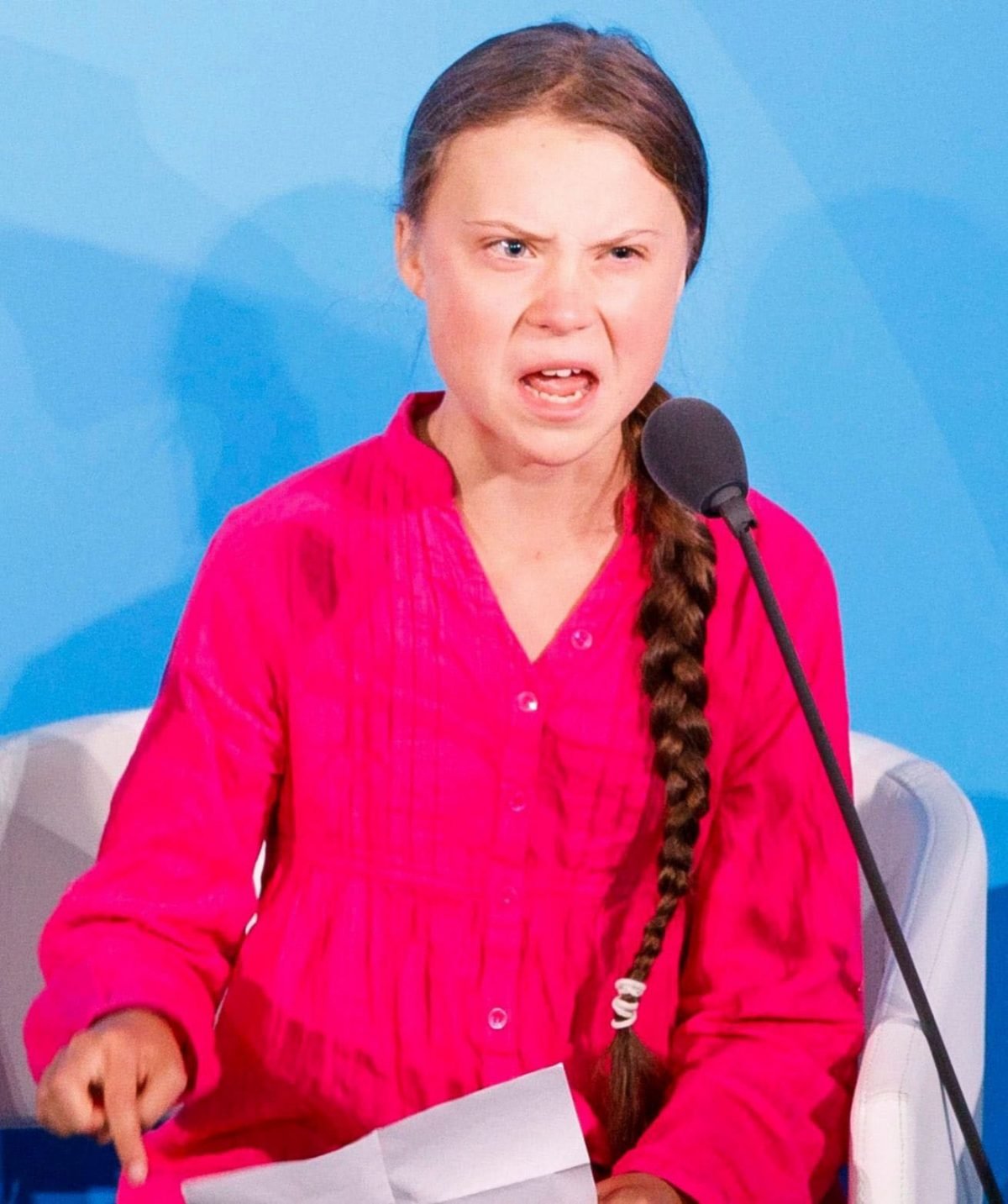UNITED NATIONS, (Thomson Reuters Foundation) – At a U.N. summit on accelerating action on climate change yesterday, India promised a boost in its use of renewable power and Finland said it aims to become the first industrialized nation to absorb more carbon than it emits.
Pakistan, which has planted a billion trees in the last five years, pledged to add 10 billion in the next five, and Greece said it would ban single-use plastics by 2021 and phase out its use of the dirtiest coal by 2028.
Yesterday’s summit, called by U.N. chief António Guterres, was designed as a launch-pad for more ambitious action on climate change – but while some stepped up, there were few big surprises from the most powerful, biggest-emitting countries.
Some of their leaders had not been invited to speak, due to their lack of commitment to ramp up efforts.
U.S. President Donald Trump, whose administration has repeatedly moved to block action to address climate change, unexpectedly entered the summit, but stayed only briefly.
On the podium, a roll call of about 60 leaders largely extolled work already underway to boost clean energy, plant more trees, cut waste, shift investment and reduce risks for the world’s most vulnerable nations, observers said.
Critics said such work was crucial and much-needed, but taken together, efforts – particularly by the biggest contributors to climate change – were not yet of sufficient scale to wrest the world onto a cleaner, safer pathway.
“This summit was supposed to be a turning point. But we have seen an exceptional lack of commitment from the biggest and richest polluting countries, that continue to take trivial measures toward solving a life or death crisis,” said Harjeet Singh, who leads climate change work for charity ActionAid.
Kate Hampton, who spoke at the summit as head of the Children’s Investment Fund Founda-tion, said she was incredibly sad that the promises made there would likely disappoint young activists pushing for rapid change to address climate threats.
“I wish my seat had been taken by a G20 leader doubling down on their commitment,” she said. “If we can’t massively accelerate the many solutions available to us now … then what are we doing, really?”
Jennifer Morgan, the head of Greenpeace International, said that “for the most part, world leaders did not deliver what was needed in New York today”.
‘CHANGE IS COMING’
As the politicians spoke, young climate activists filed a landmark complaint in New York asking the United Nations to order its members to act swiftly on accelerating climate change, to protect future generations.
The petition, brought by Swedish teen activist Greta Thunberg and 15 other young campaigners, charged that climate threats – from extreme weather to worsening hunger – effectively amounted to a violation of the human rights of children.
“People are suffering. People are dying … and all you can talk about is the money and the fairytales of eternal economic growth,” a furious Thunberg told the opening of the U.N. summit.
“If you choose to fail us, I say we will never forgive you,” she said, before leaving the stage to file the complaint alongside 14-year-old New York youth activist Alexandria Villaseñor and other young campaigners.
Many world leaders at the U.N. summit said they recognized the severity of climate threats – and knew that what they were doing to address them remained insufficient.
“If we have to overcome the extraordinary threat that climate change poses, we must start with an honest appraisal of ourselves,” noted New Zealand Prime Minister Jacinda Ardern, whose country is a leader in efforts to curb planet-warming emissions.
President Hilda Heine of the low-lying Marshall Islands – one of a set of Pacific island states pursuing aggressive emissions cuts – said “it is time for leaders to do just that – lead”.
Prime Minister Kyriakos Mitsotakis of Greece – where more than 100 people died in a terrifying wildfire last year – said he could increasingly see threats rising in his own country, one reason the country was stepping up emissions reductions.
French President Emmanuel Macron also urged faster action, saying “we cannot leave our young people continuing to spend all their Fridays protesting”.
A solo weekly protest by Thunberg, launched a little over a year ago in front of the Swedish parliament to demand climate action has swollen into a global school strike movement that last Friday drew in about 4 million protesters worldwide.
On Monday, Thunberg said young people would not let world leaders “get away with” inaction on climate threats.
“Right here, right now is where we draw the line. The world is waking up and change is coming whether you like it or not,” she said, accusing them of a “betrayal” of future generations.
Finnish President Sauli Niinisto said he took the young activists at their word.
“They will be watching us, and they will not let us go. This must be taken very seriously,” he warned.





